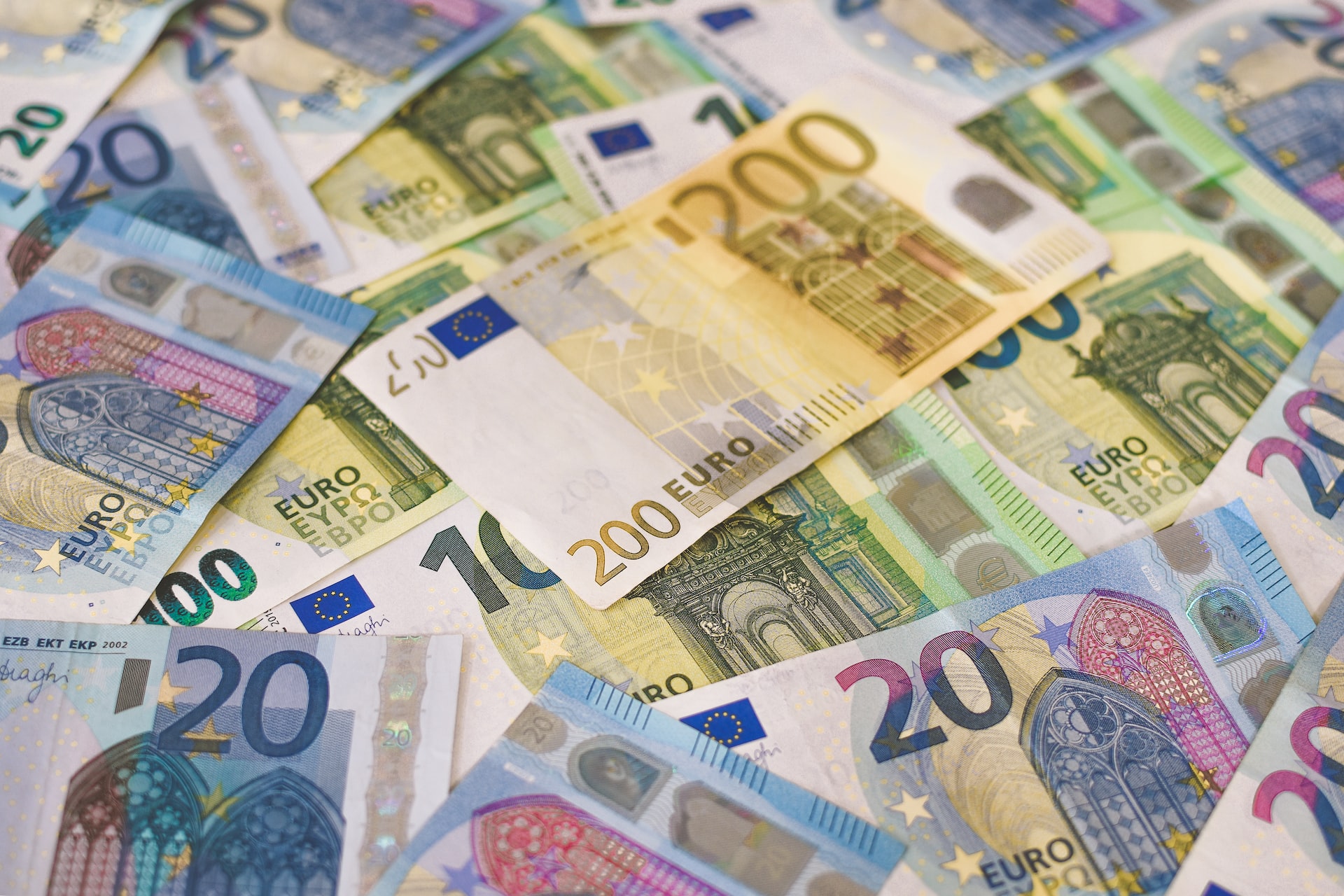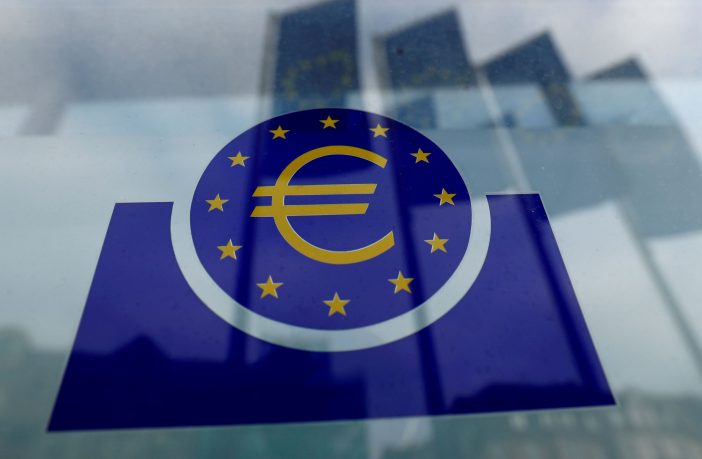European Central Bank takes measures to curb inflation
The trials that befell the global market last year forced regulators in most countries to take unpopular and harsh decisions to save the economy. One of these was the interest rate hike introduced by the European Central Bank following the Fed. For Europeans in the EU, the increase was quite critical, as for a long time rates had been kept at a minimum level.
Now the regulator has announced another change – the ECB plans to withdraw cash from the banking system. In combination with an increase in interest rates, this step should help to curb inflation, which has reached record levels in the EU.
The interest rate is now 1.5%, the highest since 2009. The latest revision raised the value by 75 bp, but the bank warns that the rate will continue to rise. The regulator’s goal is to bring down inflation to 2% and, given all factors, it will be extremely difficult to do so. So far, the European Bank is sticking to its previously outlined strategy, which is the reinvestment of income, received from bonds. Earlier the regulator bought Eurobonds for 8 years through a special program on asset purchase.

The ECB also revised the terms of refinancing procedures for a long time. The regulator intends to encourage banks to close long-term loans ahead of schedule.
In addition, Eurobank increased the rate for the cash auction procedure, which takes place every week. For the regulator, this operation is one of the key ones, although banks have hardly used it for many years. The rate went up from 1.25% to 2%. The rate of marginal lending also increased, it reached 2.25%, although it was 1.5%.
The central banks of the EU member states are taking drastic measures. Following the ECB and the Fed, the Swiss regulator raised the interest rate to a record high for the country. For a long time, the rate was negative – minus 0.25%, but now it rose to 0.5%. In addition, the central bank noted that the current review may not be the last, it all depends on whether it will be possible to contain inflation. The main goal of the regulator is to stabilize prices in order to avoid further price increases.
It should be noted that for a long time Switzerland has been characterized by stable economic growth with low inflation, which has attracted major foreign investors. Now the situation has changed, but still, the market in Switzerland is stable compared to other countries. For example, the economy of Germany, Italy, Greece, and other EU countries was hit much harder by the crisis, and so far it has not managed to recover.




